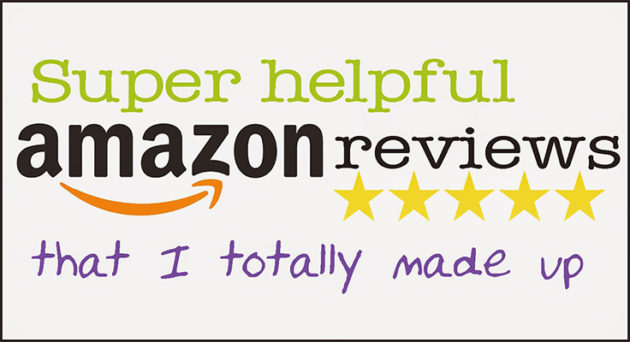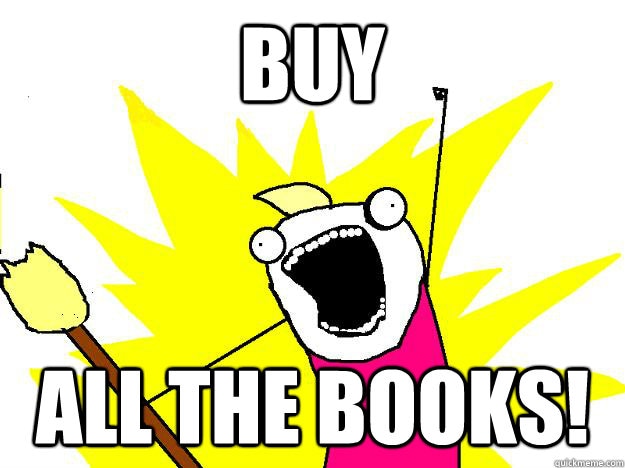Self-published authors should consider offering their books on subscription services because, as far as publishing goes, the more venues the better. You should get your book onto as many sites, and in as many formats, as you can.
_____________________
Scribd
Scribd is a subscription service with 80 million unique visitors a month. For a monthly fee of $8.99 subscribers can read unlimited books. The Scribd library boasts more than half a million ebooks and over 30,000 audiobooks, including New York Times bestsellers, Pulitzer Prize winners, as well as self-published works. 60+ million documents have been uploaded by users, Essentially, anyone can upload a file onto Scribd, which has led to several copyright infringements, Although Scribd has a huge readership, the best way to ensure that they notice your book, and that you get some monetary compensation, is to go through your publisher. As a self-publisher, you can use Smashwords or BookBaby, each of which offers a Scribd royalty payment.
Find more information about Scribd for writers HERE and HERE.
____________________
Substack
Serializing novels is nothing new. The Count of Monte Cristo by Alexandre Dumas was originally published in serial form in 1844. A Tale of Two Cities by Charles Dickens, Dostoevsky's Crime and Punishment, and Jules Verne's 20,000 Leagues Under the Sea were also serialized. But while Substack is willing to offer famous authors a substantial advance, an unknown author would probably have no greater chances of a sale than trying to get the attention of a traditional publisher. Substack's only appeal to unknown authors it that, like self-publishing, it allows an author to simply put a book out there, come what may.
Aside from serialization, Substack offers of couple of features that make it appealing to writers, one of which is that you can import your existing blog, or create a new one. You can also send newsletters via Substack. And if you already have a newsletter, you can import your subscriber list.
The monthly fee for newsletters can vary anywhere from free to $2 a month to a yearly fee of $200. The writer sets the fee. While writers don't have to pay to sign up, Substack charges 10% of the subscriber fee. An additional 2.9% of your billing rate, plus 30 cents per transaction will be taken out by Stripe, the service Substack uses for billing. Like many self-publishing platforms, Substack offers editing, proofreading, art and design, and legal services as part of their packages.
In addition to subscriptions, Substack also runs a monthly short story competition. Their mission is to "revive the art of the short story, support artists, and produce something wonderful." The prize is $100 for the chosen story plus 50% of subscription revenue to be sent by Paypal, Zelle, or check. Submit stories by the end of the month. (Only one story receives the full payout.) Their preferred length is 6000 - 10,000 words. Reprints are ok so long as you still have the rights to distribute. Read more about the competition HERE.
____________________
Kindle Unlimited offers a Netflix-style, all-you-can-read approach to more than 600,000 e-books, including blockbuster series like “The Hunger Games” and “Diary of a Wimpy Kid,” nonfiction titles like “Flash Boys” by Michael Lewis, as well as literary fiction and classics for $9.99 a month. Books published through Amazon's KDP Select program are automatically enrolled in Kindle Unlimited. The catch is that for 90-days (renewable) you cannot offer your book on any other platform. Royalties: Once a customer reads more than 10% of your book, or a Kindle Owners' Lending Library customer downloads your book, you'll receive a share of the KDP Select Global Fund.









 RSS Feed
RSS Feed